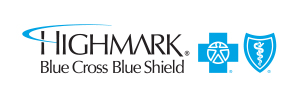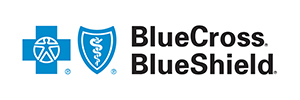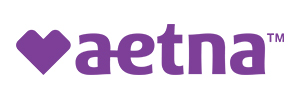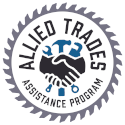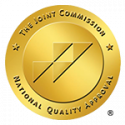Drug and alcohol addiction is serious but manageable problems. With support from friends and family alongside proper treatment, the affected person can overcome addiction and recover successfully. When the term “drug rehab” comes to mind, we immediately think of inpatient rehab, but outpatient treatment is also a viable option. What is outpatient rehab? How does it work? In what cases outpatient drug rehab is the right choice? Scroll down to get answers to these questions.
What is outpatient rehab?

Outpatient rehab is a non-residential, therapy-based treatment for drug and alcohol addiction. Unlike inpatient rehab, this type of treatment doesn’t include onsite living/housing arrangements. A man or woman with an addiction problem isn’t required to spend a certain period of time, usually three months, in a rehab center. Instead, they live at their own home and attend therapy sessions according to the provided schedule.
Difference between inpatient and outpatient rehab
The biggest difference between inpatient and outpatient type of drug rehab is in the concept of each type of treatment. Inpatient rehab lasts between 28 and 90 days, all of which require a person to remain in a rehab center. A severe addiction to drugs and alcohol usually requires inpatient rehab because it provides more therapeutic and technical support. Inpatient treatment provides a stable environment wherein a person can focus on recovery and avoid outside influences that would jeopardize their recovery.
Outpatient rehab allows a person to live at their home, and their life continues as usual, outside the treatment. Mild addiction problem is often treated with outpatient rehab. Additionally, outpatient rehab also helps people with severe addiction who have completed inpatient treatment and need more support on the road to recovery. Both types of treatments, despite different concepts, have unique advantages and outstanding potential to help men and women with drug or alcohol addiction.
When is outpatient rehab the right choice?
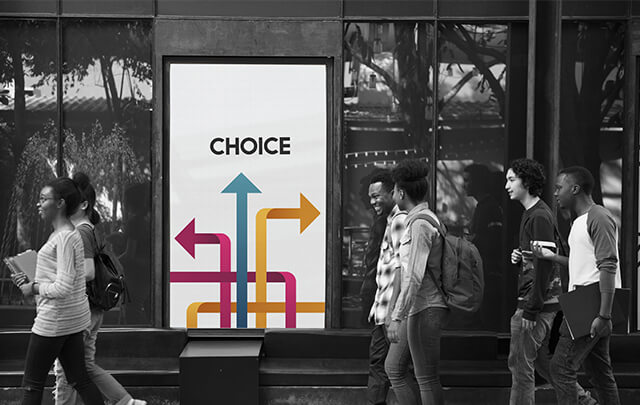
If you search for “drug rehab near me,” you can see a lot of options for both inpatient and outpatient treatments. The exact treatment depends on the severity of the addiction.
Outpatient drug treatment is most suitable for people who have:
- Mild to moderate addiction
- The strong support system from family and friends
- Transportation to attend counseling sessions regularly
- Motivation to attend sessions regularly and stick to the treatment
- Low risk of withdrawal with medical complications
Outpatient rehab may not be a suitable choice if you (or loved one) have severe drug or alcohol addiction. In these cases, the risk of serious withdrawal symptoms and complications is high, and the detox needs to be performed in a supervised setting. People with a poor support system, co-occurring mental or health conditions, and a history of relapse are less likely to benefit from outpatient rehab just as men and women who have dropped out of outpatient treatment before.
How does outpatient rehab work? What to expect?
When signed up for outpatient rehab, you live at home and come to the facility for treatment. These programs vary in terms of commitment. Some outpatient programs require attending sessions a few hours a week while others several hours a day. The programs may also offer medical care and prescribe medications.
Before the program begins, a person with an addiction problem meets with a staff member to develop a treatment plan. The plan consists of goals for the treatment in order to make the therapy more effective. For that purpose, rehab facility staff member will ask you (or a loved one) questions about drug or alcohol use, medical history, medications, mental health issues, family problems, employment, just to name a few.
Once the treatment plan is established, you will also get informed about the rules you’re expected to follow during the length of the program. For instance, many outpatient drug rehab programs require regular drug tests to make sure you’re not using drugs or drinking alcohol while you’re getting the treatment. Every person who signs up for outpatient rehab is expected to attend therapy sessions regularly. In some cases, you may have to complete some assignments outside the sessions.
Benefits of outpatient rehab
Advantages of outpatient rehab are numerous, including these:
- You get to maintain employment
- No need to abandon your family and home
- Costs are more acceptable for people who are on a tight budget, more affordable than inpatient treatment and usually covered by insurance
- Builds a strong support system
- Psychiatric care
- Provides outreach resources such as contact info for support groups and sober friends
- Allows people to improve their quality of life
- Motivation and encouragement
Types of outpatient rehab
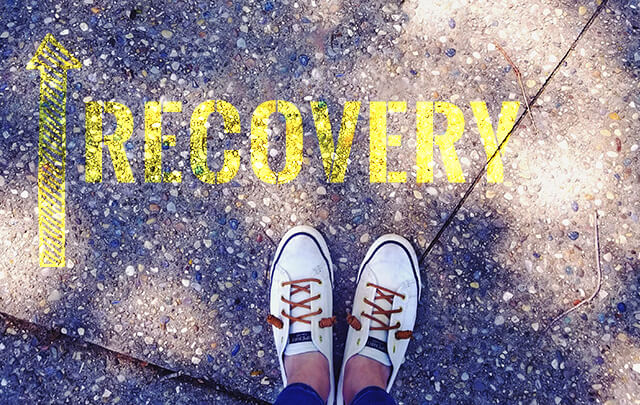
Not all outpatient programs are the same. The exact treatment is based on the substance to which a person is addicted, the severity of the addiction, and the stage of recovery. Generally speaking, we can divide outpatient rehab into three types:
- Day programs – the highest level of care and structure provided in the outpatient setting. In this program, people with addiction problems commit to attending therapy sessions five to seven days a week for several hours each day. These programs require a lot of commitment which may limit a person’s availability to work or school
- Intensive outpatient program (IOP) – establishes a treatment plan with defined and measurable milestones to indicate progress. As you’re meeting each milestone, the time required to commit to therapies reduces. This type of outpatient treatment is more suitable for people who want to recover from drugs and alcohol, but still want more free time so they can go to work or carry out other day-to-day tasks. An intensive outpatient program may require multiple sessions for a few hours each week
- Continuing care – includes groups such as Narcotics Anonymous and Alcoholics Anonymous, which provide ongoing support resources to assist in achieving a successful recovery. The groups are usually led by a licensed therapist, and sessions occur weekly. Some continuing care groups are age-specific or gender-specific to make it easier for people to feel relaxed, trust the process, and be more likely to share experiences and learn from others. It’s easy to find these programs when you look for drug or alcohol rehab near me
Outpatient rehab therapies
During their outpatient alcohol rehab or drug recovery, men and women commit to attending therapy sessions. Sometimes you may need to attend group therapies that allow you to connect with other people who have the same problem and go through the treatment together. Besides group therapies, there are individual sessions that focus only on you and help the therapist teach you how to tackle life problems, challenges, and traumas, in a healthier manner.
The exact therapies may vary from one treatment or facility to another, but they generally include:
- Cognitive-behavioral therapy (CBT) – teaches coping skills to avoid relapse. One of the greatest benefits of CBT is that you get to learn to explore the positive and negative consequences of drug abuse. That way, it’s easier to understand why treatment is so important. CBT also helps identify cravings so you can avoid them
- The Matrix model – combines the element of several approaches including 12-step meetings, relapse prevention, family therapy, drug education, and drug testing
- Contingency management (CA) – offers rewards or incentives for positive behaviors like a negative urine drug test
- Motivational enhancement therapy – helps clarify and work through resistance to entering drug abuse treatment. In this case, the therapist helps find motivation for a positive change in your life and develops a plan to make it happen. Motivational enhancement therapy starts with a thorough assessment, followed by two to four individual therapy sessions.
- Family therapy – helps build a strong support system and ensures family members work through their problems.
How long does outpatient treatment last?
The length of the outpatient drug rehab program may vary from one treatment center to another. The average length is ten weeks. Many programs offer a step-down approach where they decrease the number of weekly therapy sessions as you’re progressing with the treatment. So, the most intensive treatment and therapy sessions occur at the very beginning of the program.
Is outpatient drug rehab enough for recovery?

Outpatient programs are successful in helping people overcome their addiction to alcohol or drugs. But, there is a long road to recovery, and you have to maintain those results afterward. For that reason, it’s recommended to join a 12-step program, AA, NA, or get individual therapy. That way, you’ll work on yourself continuously. This can also serve as motivation to keep going so you can be happy and healthy.
Conclusion
Treating drug and alcohol addiction doesn’t require an inpatient setting only. Outpatient programs are also available, and they allow people to stay home, work, and attend regular therapy sessions. Of course, the outpatient program isn’t suitable for everyone. For example, it’s not a good idea for people with severe addiction or those who have dropped out of outpatient treatment before. Benefits of outpatient rehab are numerous, ranging from improved quality of life to reduced costs. Treatment is largely customized around specific needs and severity of addiction of each individual. Different types of treatment and therapies are available to ensure you get the best care you need on the road to recovery.
Sobriety Solutions offers a full range of Outpatients Treatment options at both our Plymouth Meeting, PA and Sicklerville, NJ locations. Give us a call or contact us here and our treatment experts will develop the program that suites your needs.




